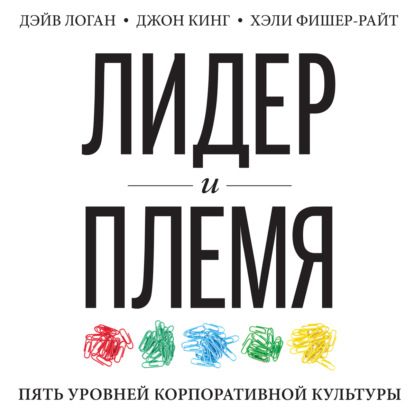Excerpt from Lectures on the Church and the Sacraments
My position is neither current Anglican nor popular Protestant. I write from the Free Church camp, but not from any recognised Free Church position - having regard, so far as I can, to the merits of the case, to early history, and the experience of religion. The ruling tendency is an effort to moralise this and other parts of theology by interpreting instead of abolishing.
The view here taken is neither memorial and Zwinglian nor is it High Catholic. It is sacramental but not sacramentarian, effective but not sacrificial. The Sacraments are not emblems but symbols, and symbols not as mere channels, but in the active sense that something is done as well as conveyed. Account is taken of the early influence of the pagan mysteries. The audience is Free Church, but the treatment means to be Great Church.
It may be expressly noted in advance that the Word does not mean the Bible, but the whole medium of communication between God's soul and man's. As this was gathered to a head in Christ, Christ is the unique Word of God. And since Christ is gathered to a head in the atoning and redeeming Cross as the incarnation not of love only but of grace, the Word is there in the most pointed way. It is the Word as an act and not simply as an exposition of God, Who acts not as a genial Father but as a redeeming Father. But as this crucified Christ comes home to a man it makes him active, and it makes him vocal. So he preaches God's gospel Christ. The Word that was preached from God to him he preaches to the world. The Word works faith, and faith works the word. We repeat with interest what God says to us. The Word is, therefore, God's new creating act on us, and then it is the act of our word through which God new creates.
About the Publisher
Forgotten Books publishes hundreds of thousands of rare and classic books. Find more at www.forgottenbooks.com
This book is a reproduction of an important historical work. Forgotten Books uses state-of-the-art technology to digitally reconstruct the work, preserving the original format whilst repairing imperfections present in the aged copy. In rare cases, an imperfection in the original, such as a blemish or missing page, may be replicated in our edition. We do, however, repair the vast majority of imperfections successfully; any imperfections that remain are intentionally left to preserve the state of such historical works. Это и многое другое вы найдете в книге Lectures on the Church and the Sacraments (Classic Reprint) (P. T. Forsyth)















